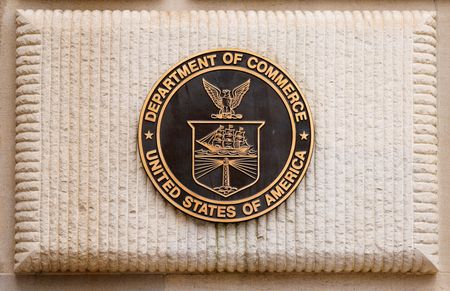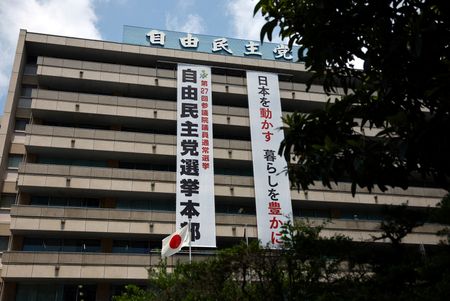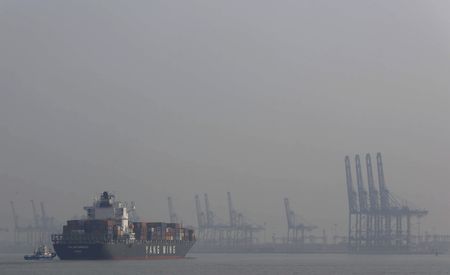By David Shepardson
WASHINGTON (Reuters) -The U.S. Commerce Department said on Monday it has opened national security investigations into the import of drones and related components as well as polysilicon, a key component in solar panels and semiconductors.
The “Section 232” investigations, which were opened on July 1 but not publicly disclosed previously, could be used as a basis for even higher tariffs on imported drones and polysilicon and its derivatives.
The Trump administration has already opened numerous national security investigations, including into the import of commercial aircraft, jet engines and parts, medium-duty and heavy-duty trucks and related parts, semiconductors and pharmaceuticals.
China accounts for the vast majority of U.S. commercial drone sales. Washington has increasingly cracked down on Chinese drones over the last few years. DJI, the world’s largest drone manufacturer, sells more than half of all U.S. commercial drones.
In December, then-President Joe Biden signed legislation that could eventually ban DJI and Autel from selling new drone models in the United States.
In January, the Commerce Department under Biden said it was considering rules to restrict or ban Chinese drones in the U.S., citing national security concerns.
President Donald Trump signed an executive order last month aimed at boosting the U.S. drone industry.
The Association for Uncrewed Vehicle Systems International said it supported the drone probe that will review supply chain concentration, domestic production capacity, and the role of foreign subsidies and pricing practices.
“The dependence on adversary-manufactured systems that are dumped in the U.S. below market value due to foreign government subsidies has also stifled the growth of a secure American drone industrial base, undercutting innovation, and forcing U.S. manufacturers to compete on an uneven playing field,” said AUVSI CEO Michael Robbins.
(Reporting by David Shepardson; Editing by Chris Reese)











